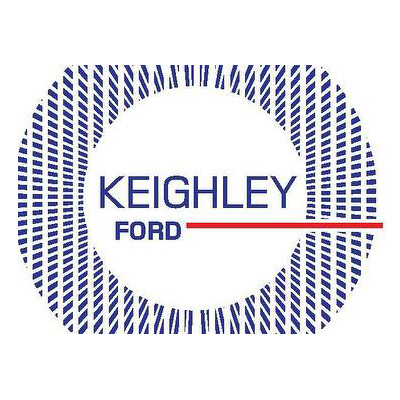Introduction:
In a recent move by the Financial Conduct Authority (FCA), the spotlight is on motor finance firms as they face investigation over potential mis-selling practices. The FCA’s scrutiny includes concerns about commissions, especially in cases where borrowers believe their contracts were inflated due to undisclosed commissions. This investigation comes on the heels of regulatory changes surrounding discretionary commission models, which were recently banned by the FCA.
Understanding Discretionary Commissions:
Discretionary commission models, which were prevalent in the motor finance industry, allowed dealers to set the interest rates and charges on motor finance contracts. The discretionary nature of these commissions meant that dealers had the freedom to determine the level of commission they earned based on the interest rates applied to customers’ financing agreements.
Banning Discretionary Commissions:
The FCA’s ban on discretionary commission models, effective from January 28, 2021, represents a significant regulatory shift aimed at enhancing transparency and fairness for consumers. Under the new rules, dealers are no longer allowed to set the interest rates for motor finance contracts. Instead, they must choose from a set of predefined interest rates provided by lenders. This change is designed to eliminate the potential for dealers to increase interest rates to earn higher commissions.
Impact on Motor Finance Firms:
The ban on discretionary commissions is applicable to all motor finance firms operating in the UK. This includes dealerships and finance brokers involved in providing motor finance agreements. By implementing this ban, the FCA seeks to address concerns about unfair practices, ensuring that customers are not unknowingly subjected to higher costs due to discretionary commissions set by dealers.
Relevance to the FCA Investigation:
The recent FCA investigation into motor finance practices is closely tied to the ban on discretionary commissions. The regulatory body is now examining whether firms have been compliant with the new rules and whether there are instances of mis-selling related to commissions. Borrowers who believe their contracts were more expensive due to undisclosed commissions are at the center of the investigation, as the FCA works to ensure fair treatment and transparency within the industry.
Consumer Awareness and Protection:
As consumers navigate the complexities of motor finance agreements, understanding the regulatory changes is crucial. The ban on discretionary commissions signifies a shift towards a more consumer-centric approach, where the terms of financing agreements are set transparently to protect borrowers from potentially unfair practices. This not only empowers consumers with knowledge but also aligns with the FCA’s commitment to fostering a fair and trustworthy financial services environment.
Conclusion:
The FCA’s investigation into motor finance practices takes on added significance with the recent ban on discretionary commission models. By dismantling a system that allowed dealers to set interest rates, the FCA aims to safeguard consumers from potential mis-selling and ensure a level playing field within the motor finance industry. As consumers become more aware of their rights and regulatory changes, the landscape for motor finance is evolving towards increased transparency and fairness. Stay informed as the investigation unfolds, bringing greater accountability to the industry and better protection for consumers. For further details on car finance complaints, you can refer to the FCA’s official page: FCA Car Finance Complaints.





















